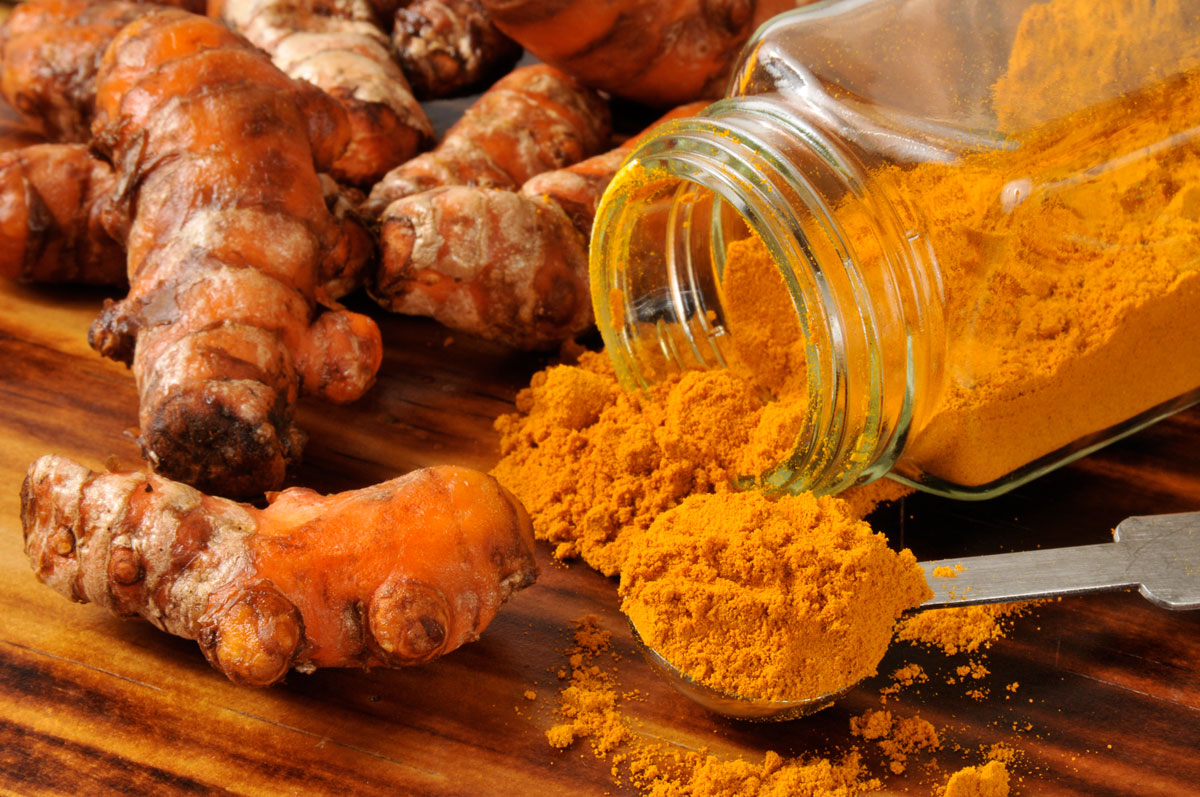IS TURMERIC GOOD FOR YOU?
About 4,000 years ago in the Vedic age, Aryans used turmeric as a spice in cooking. In an Ayurvedic text, Sushruta Samhita, its use was mentioned to treat the ill effects of poisoned food ingestion, writes Dr. Raghavendra Rao. – #Turmeric #RaghavendraRao #community @Siliconeer #Siliconeer #health #ProsAndConsofTurmeric #IndianSpices
Usha, my wife, cooked eggplant curry. She added sautéed mustard, urad dal and chili pieces and at the end she sprinkled a pinch of turmeric. The aroma was enticing. “Turmeric is good for your health,” she said smiling.
But, is it really beneficial?
Pros: Turmeric in liver damage: The active ingredient in turmeric is curcumin. It exhibits anti-inflammatory, antioxidant and anticancer properties. In studies with rats, curcumin reduced and even reversed liver damage caused by alcohol, iron overdose, carbon tetrachloride and other toxic chemicals (Liver Int, Nov, 2009). No large-scale human studies are available to prove the above finding.
Turmeric in Alzheimer’s disease (AD): Chronic inflammation in the brain creates amyloid plaques eventually leading to AD. Turmeric has many anti-inflammatory phytochemicals without side effects. In experiments on mice, curcumin prevented formation of amyloids thus preventing the occurrence of AD (Journal of Bio Chemistry, Vol 280, # 11).
Currently at UCLA, scientists are studying curcumin and yoga therapy for people at risk for AD. In mice, curcumin reversed a depression-like state induced by certain chemicals. In India, where turmeric is consumed daily, the incidence of Alzheimer’s disease is less by about 4.4 times among adults aged 70-79 than the rate in the U.S.
Turmeric in Cancer: Curcumin inhibited cancer cell proliferation and blood vessel formation (angiogenesis) in mice. Human cancer cells exposed to curcumin stopped growing in petri dish. The effect is not seen in all cancers. Lung cancer proliferated with curcumin treatment in mice.
Turmeric and Arthritis: Curcumin plus polyphenols in olive oil when given to guinea pigs slowed down of their osteoarthritis. Similar benefit was seen with curcumin when used alone in rats.
Turmeric is added to skin ointments to prevent inflammation from the sun’s ultraviolet rays and to treat minor cuts.
Cons: Even though many benefits are claimed for turmeric there is no solid scientific proof for them in humans. Most of the studies were done on animals. The dose of curcumin given to animals is high and such a dose to humans can be harmful.
The amount of turmeric we consume seems harmless. So we should enjoy whatever benefits and pleasure we may derive from turmeric, albeit the scanty evidence.


